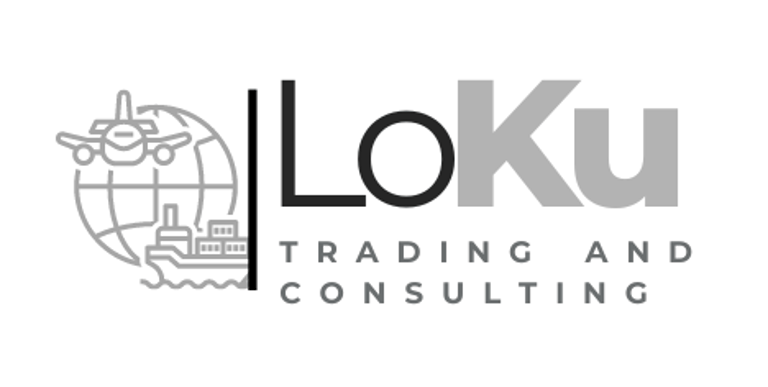Why 100% Natural and Organic Foods Are the Future of the Food Market
Maria Cuni
11/22/20242 min read


As consumers worldwide become more health-conscious and environmentally aware, the demand for 100% natural and organic foods is soaring. These products, free from synthetic additives and harmful chemicals, offer more than just superior taste—they promise a healthier lifestyle and a positive impact on the planet. Let’s delve into why these foods are transforming the global market, their benefits for health and the environment, and what the future holds for this flourishing industry.
The Allure of Natural and Organic Foods
Natural and organic foods stand out because of their purity and quality. Unlike conventional products, they are:
Free from Pesticides and GMOs: Organic farming prohibits the use of synthetic pesticides and genetically modified organisms, ensuring that what you consume is as close to nature as possible.
Rich in Nutrients: Organic produce often contains higher levels of vitamins, minerals, and antioxidants compared to non-organic counterparts.
Chemical-Free: With no artificial preservatives, colors, or flavors, these products are ideal for those seeking a clean diet.
Products such as fresh-pressed juices, premium teas, and organic wines are not only delicious but also a testament to the growing trend of mindful consumption.
Health and Environmental Benefits
The advantages of choosing natural and organic foods extend far beyond individual well-being.
Healthier Living
Organic foods reduce exposure to harmful chemicals linked to diseases such as cancer, hormone disruption, and allergies.
Their higher nutrient density supports better immunity and overall health.
Products like organic fruits, vegetables, and dairy are free of antibiotics and hormones, which are often present in conventionally farmed goods.
Environmental Impact
Organic farming methods promote biodiversity and soil health by avoiding harmful chemicals and embracing crop rotation techniques.
It uses significantly less energy and water, reducing the carbon footprint of food production.
Supporting organic farming helps combat climate change, as it sequesters carbon in the soil and reduces greenhouse gas emissions.
Market Trends and Growth
The global market for natural and organic foods has experienced explosive growth over the last decade. According to market research:
The organic food market was valued at over $200 billion in 2022 and is projected to grow at a compound annual growth rate (CAGR) of 10-12% over the next five years.
In the UAE, consumers are increasingly shifting toward organic and natural products, with health-conscious expatriates and locals driving demand for premium grocery items such as organic olive oils, teas, and wines.
For 2024, industry analysts predict a continued rise in demand, fueled by:
The "clean eating" trend, which emphasizes transparency and whole, unprocessed foods.
Increased government initiatives supporting organic farming.
A growing number of premium retail stores and restaurants offering organic menus.
How Businesses Can Leverage This Trend
To capitalize on this booming market, companies can:
Source Certified Products: Partner with farms and suppliers who meet strict organic standards.
Highlight Benefits: Use marketing strategies to educate customers about the health and environmental advantages of organic foods.
Invest in Sustainability: Adopt eco-friendly packaging and practices to align with the values of conscious consumers.
A Greener Future with Natural and Organic Foods
The shift toward 100% natural and organic foods isn’t just a passing trend—it’s a lifestyle choice that reflects the evolving priorities of consumers worldwide. By embracing these products, we not only nourish our bodies but also contribute to a healthier planet for generations to come.
